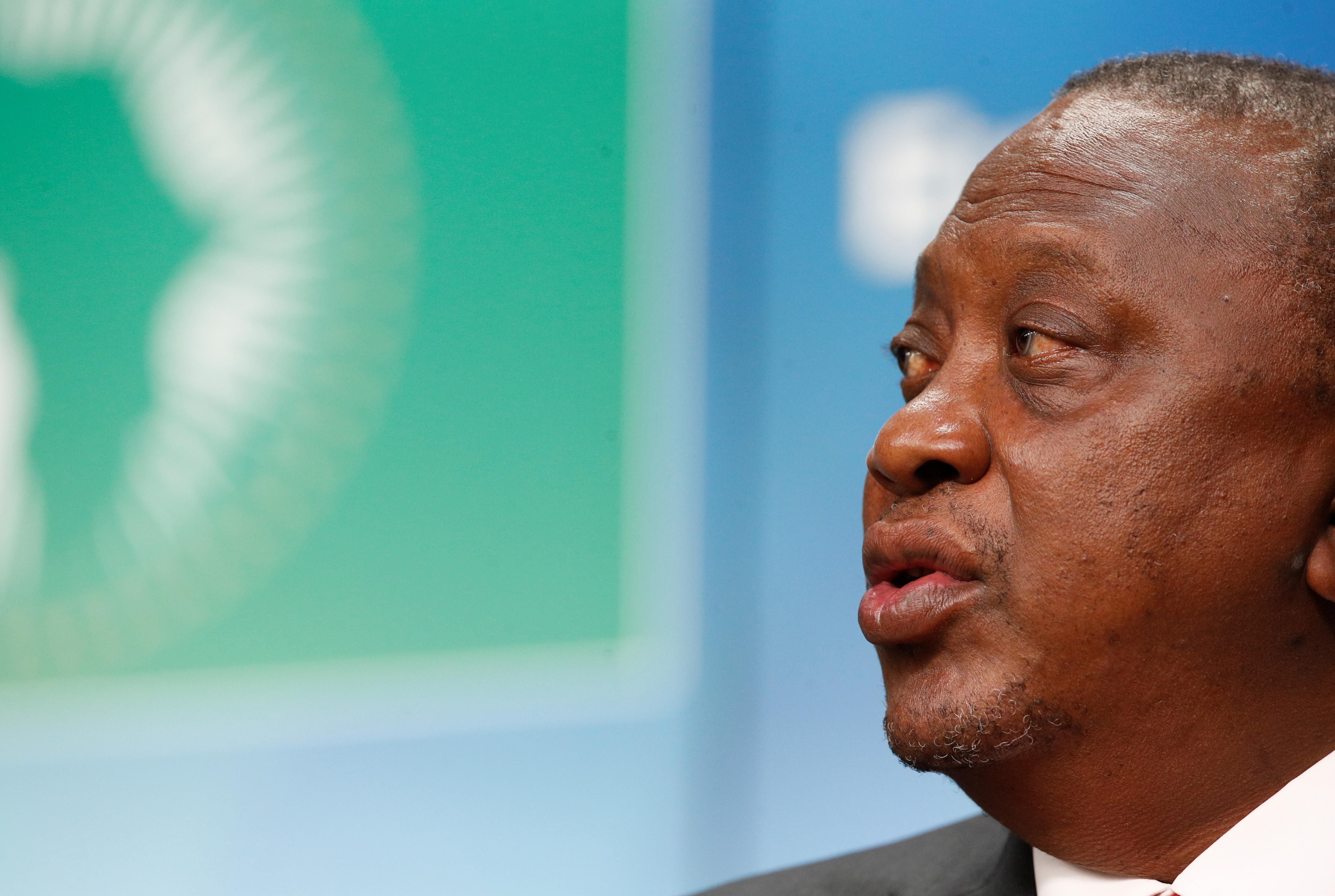Hard Numbers: Kenyan reforms nixed, Macron’s McKinsey woes, Sri Lanka goes dark, Tunisia’s Zoom “coup”
70: Kenya’s top court on Thursday rejected President Uhuru Kenyatta’s sweeping plans to tweak the constitution before his term ends in August. Among the amendments he had proposed were creating the position of prime minister and adding 70 new members of parliament — all to be initially appointed by (surprise!) Kenyatta himself.
1 billion: French President Emmanuel Macron has come under fire for spending more than 1 billion euros ($1.108 billion) on private consultancy firms like McKinsey to advise on managing the pandemic. Macron's rivals hope the scandal will hurt him in the polls less than two weeks before the presidential election.
13: Sri Lanka will turn off street lights to save electricity amid the country’s worst economic crisis in decades. The island nation has been suffering 13-hour power cuts for weeks because the government has run out of foreign currency to pay for fuel imports.
124: President Kais Saied on Wednesday dissolved Tunisia's already-suspended parliament after 124 out of 217 lawmakers defied him to hold a (virtual) vote on the emergency powers Saied has used since July 2021. The president called the move a “failed coup attempt” — which critics likely think is a bit rich, given that Said took over in a power grab of his own.